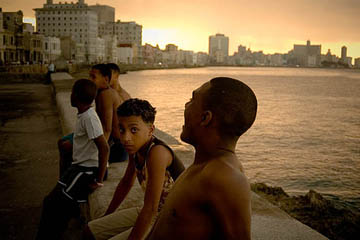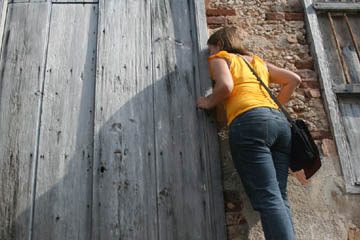
Havana / Photo by bartpagoda
Today is July 4. Time to reflect on independence. Freedom. Patriotism. What it means to be an American.
In a sense, the country I call my homeland was founded upon the cherished value that the right to travel should be protected. The idea is implied by U.S. laws, which permit Americans to travel with greater ease and to more countries than perhaps any other government in the world.
